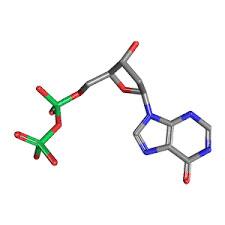In the process of use, textiles are inevitably subjected to repeated friction. The two ends of the fibers in many fabrics will be exposed to the surface and form fluffs. When these fluffs cannot fall off quickly and continue to be subjected to friction, they will form granular shapes and be pilling, which will damage the appearance of the fabric. Therefore, the issue has attracted consumers' attention.
In the actual production process, how to improve the anti pilling performance of textiles is also a systematic project. Comprehensive measures should be taken from the production process of fiber production, spinning, and weaving. Starting from the fabric finishing process, there are three aspects that can be improved.
(1) Use auxiliaries when finishing. One of the anti pilling chemicals is added during the bleaching process, and a softening agent is added during the dyeing process to reduce the wet friction between the yarns and between the fabric and the dyeing machine. At the same time, it can control the fiber leakage from the end of the yarn, thereby reducing the chance of pilling. Or use resin auxiliaries or chemical adhesives to make the hairiness stick to the surface of the fabric tightly through rolling and pressing, so as to achieve the purpose of reducing fluffing and pilling.
(2) Cellulose fiber fabrics (cotton, viscose, hemp, tencel, etc.) can adopt the bio-polishing technology. It is a finishing process in which cellulase is used to improve the surface of cotton fabrics. The end of the fiber is weakened with enzymes, and then the fine fibers protruding from the surface of the yarn are removed by mechanical force. These fine fibers will be removed without fluffing and pilling. The color has also become brighter.
(3) For polyester fabrics, one is burnt in the positive side and another in the negative side in the singeing process, and a weak flame is used to avoid over-burning. Clean the oil during the scouring process, otherwise the oil will easily absorb small particles and hairs. At the same time, adding caustic soda in the scouring process, because the polyester fabric is not resistant to strong alkali, it can reduce the alkali weight of the polyester fabric, so that the surface of the polyester fabric will have a peeling effect and the anti pilling effect will be improved.



 English
English  日本語
日本語  Español
Español  tiếng việt
tiếng việt  Türkçe
Türkçe  ไทย
ไทย  українська
українська  हिंदी
हिंदी  বাঙালি
বাঙালি  اردو
اردو 

